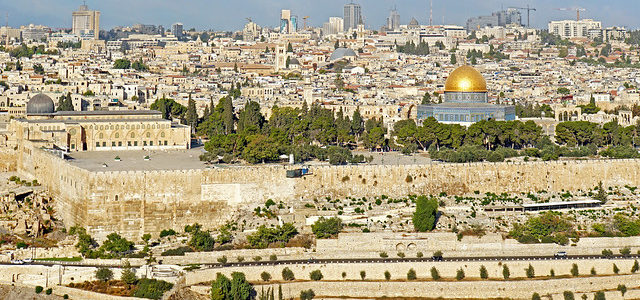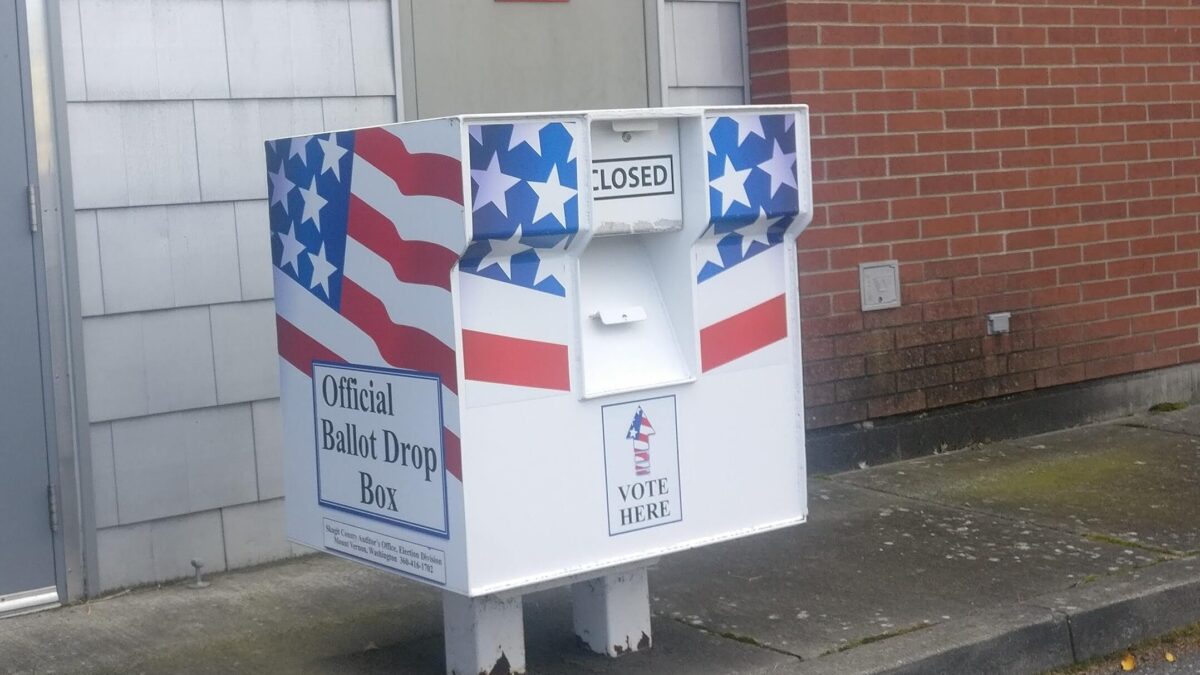Israeli Prime Minister Benjamin Netanyahu’s announcement on Tuesday regarding his plan to formalize Israeli sovereignty in Jordan Valley has sent shockwaves across the world. However, much of the outrage has stemmed from a misunderstanding about Israel’s presence in Judea and Samaria and historical claims over the region. Even the standard newspaper accounts of Netanyahu’s plans as envisioning the “annexation” of territory is inaccurate.
Netanyahu never said “annexation.” Instead, he spoke of “applying sovereignty” to refer to Israel’s territorial claims over the Jordan Valley. International outlets, particularly left-leaning ones, have referred to Netanyahu’s campaign promise as a promise to annex land. But there is a reason for the PM’s careful choice of wording, and for its mistranslation and misrepresentation abroad.
A nation cannot annex land over which it already has sovereign claims. Netanyahu purposefully referred to the process as an application of Israeli sovereignty, abstaining from using the Hebrew word for annexation, sipuach. As Eugene Kontorovich, director of the International Law Department at the Jerusalem-based Kohelet Policy Forum, noted, Netanyahu’s proclamation is about “translating long-standing Israeli consensus into action.”
Foreign media is doing its best to portray the potential application of sovereignty in this scenario as far-flung or illegitimate. This interpretation is incorrect. Indeed, after Netanyahu’s announcement, the center-left Blue and White Party, which leads the opposition, sarcastically commented that they were pleased to see Netanyahu “adopting Blue and White’s plan for recognizing the Jordan Valley.”
Blue and White famously accused Netenyahu in 2014 of planning to give up Israeli control over the Jordan Valley. Thus, Israeli application of sovereignty over the Jordan Valley is not some outlandish or novel notion. In fact, Israeli control over the Jordan Valley was central to peace plans drawn up in the 1970s. For those with any familiarity of Israeli politics, Netanyahu’s announcement is unsurprising.
A nation cannot annex that land over which it already has sovereign claims. Understanding Israel’s sovereign claims over the Jordan Valley necessitates an understanding of Israel’s sovereign claims over the entirety of Judea and Samaria, also known collectively as the West Bank.
In Israel’s War of Independence in 1948, Jordan conquered Judea and Samaria from Israel in a war of aggression aimed at destroying the Jewish state. Following the war, it was nearly unanimously held that neither Jordan nor Egypt possessed any legitimate claim of sovereignty over the newly acquired land. (“The West Bank” is actually the name Jordan gave to the area when it purported to annex it in the 1950s.) Since other countries regarded neither Jordan nor Egypt’s claims as legitimate, Israel’s claims of sovereignty remained.
Thus, when Israel recaptured Judea and Samaria in the Six-Day War in 1967, it liberated these territories. Israel’s original title to the land was never actually broken. When Israel re-acquired Judea and Samaria, it was under the guise of Article 51 of the UN Charter, which permits a nation to defend itself and has been understood by many scholars to convey that self-defense may necessitate the non-aggressor assume control over territory previously held by the aggressor.
Beyond the legal arguments buttressing Israeli claims to territorial sovereignty over the Jordan Valley (and the greater area of Judea and Samaria), there are strategic reasons Israel might seek to apply its sovereignty over the region. For those unfamiliar with the geography of the Middle East, the Jordan Valley, to Israel’s east, is quite literally all that stands between Israel and the remainder of the Middle East, some of which harbor genocidal aims against Jews.
The importance of the Jordan Valley Corridor has long been central to those aware of Israeli security issues, for the region is commonly used by jihadists to infiltrate Israel’s borders and smuggle weaponry. Some have argued that the Jordan Valley could resemble Gaza border regions if proper vigilance isn’t exercised.
Additionally, Israeli control over the region would create more cushion between Israel’s enemies and Israel’s most populous regions. As Algemeiner succinctly reported five years ago:
Israel’s eastern border is difficult to defend because of its geostrategic structure, being Israel’s ‘narrow waist’ of 12 kilometers, or barely 7.5 miles. Israel’s center, which is its most densely populated urban area, has no depth. A military or terrorist attack against Israel from the east would expose not only most of the population but main strategic facilities (military, industrial and civilian) to an unprecedented threat.
Additionally, the Jordan Valley has almost no Palestinian population, meaning that applying Israeli sovereignty would not result in the “annexation” of Palestinians. As reported by the Jerusalem Post, Netanyahu assured that “Palestinians [would] maintain complete freedom of movement throughout the West Bank.”
Meanwhile, while some decry Israeli sovereignty over the Jordan Valley, the Palestinians continue to build illegal settlements in Area C of the West Bank in violation of the Oslo Accords, which stipulate that no construction can take place in Area C without the approval of the Israeli Civil Administration.
This construction often takes place in strategic locations — either close to Jewish villages, on Israeli Defense Forces military reserves, or on Israeli nature reserves. There is no coordination with Israeli officials to mitigate environmental impact or to discuss the allocation of natural resources. To add salt to the wound, the European Union has continued to fund some of these building projects, the “European Union Area C Development Programme” boasting a 300mn Euro commitment for this year alone.
Just last week, the Palestinian Authority (PA) announced that it will treat all of the West Bank, including Area C, as if it were Area A, the area currently under the control of the PA. This announcement translates into the issuance of various building permits in Area C in direct defiance of the Israeli Civil Administration. There has been no outrage over this assumption of power by the PA, which now claims to exercise government powers over regions that the Oslo Accord previously assigned to Israel for security and administrative control.
In some ways, the Jordan Valley promise represents a necessary pushback against the PA’s activities in Area C, a move that international organizations and other countries have largely and pathetically stayed mum on. Neither the EU or the UN has said one negative thing about the PA’s building activities in Area C.
The Palestinians are the only group to say no to an independent nation. There are real consequences to rejectionism, including the current government system under which the various Areas are operating. It is an imperfect situation being reported on by an equally imperfect media. As the Western media has done so unabashedly in the past, the Jordan Valley dispute will serve as yet another arena for many to showcase their misconceptions and misinformation about the Arab-Israeli conflict.









